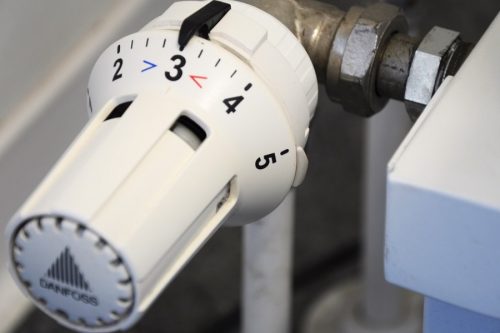Senior councillors to consider proposals for £42.6m heat network

Approval will be sought this month for Hull City Council’s district heating project to take a significant step forward.
The council’s cabinet will hear of proposals to approve the full business case and award the construction contract for phase one of the Hull District Heat Network (HDHN) to Vital Energi Utilities Ltd.
The development of the heat network will provide low-carbon, reliable heat to council properties, educational establishments, development sites, private sector organisations and has the potential to supply heat to Great Thornton Street and Cambridge Street flats.
Phase one of the heat network is proposed to include an energy centre at Trippett Street and a series of pipes which will run underground around the city centre supplying heat to several buildings.
Permission will also be requested at May’s cabinet to award the operations and maintenance contract to Vital Energi Utilities, along with a framework contract which will enable further phases of the network to be built.
The £42.6m project would largely be supported through national funding, with £14m grant funding from the Green Heat Network Fund and Levelling Up Grant, as well as a loan of up to £27m from the Treasury’s National Wealth Fund which will be repaid through the operation of the network.
Councillor Charles Quinn, portfolio holder for environment at the council, said: “The delivery of Hull District Heat Network will provide low-carbon, reliable heat, saving money for the council and residents alike, while also creating jobs and delivering investment opportunities.
“The heating systems in many city centre council buildings are approaching the end of their life, but the heat network ensures their sustainability whilst also presenting a huge saving to the council compared to alternatives such as gas.
“It is the next step in realising our ambitions to become an environmentally friendly city and reaffirms the council’s commitment to become carbon neutral by 2030 and net zero by 2045.”








